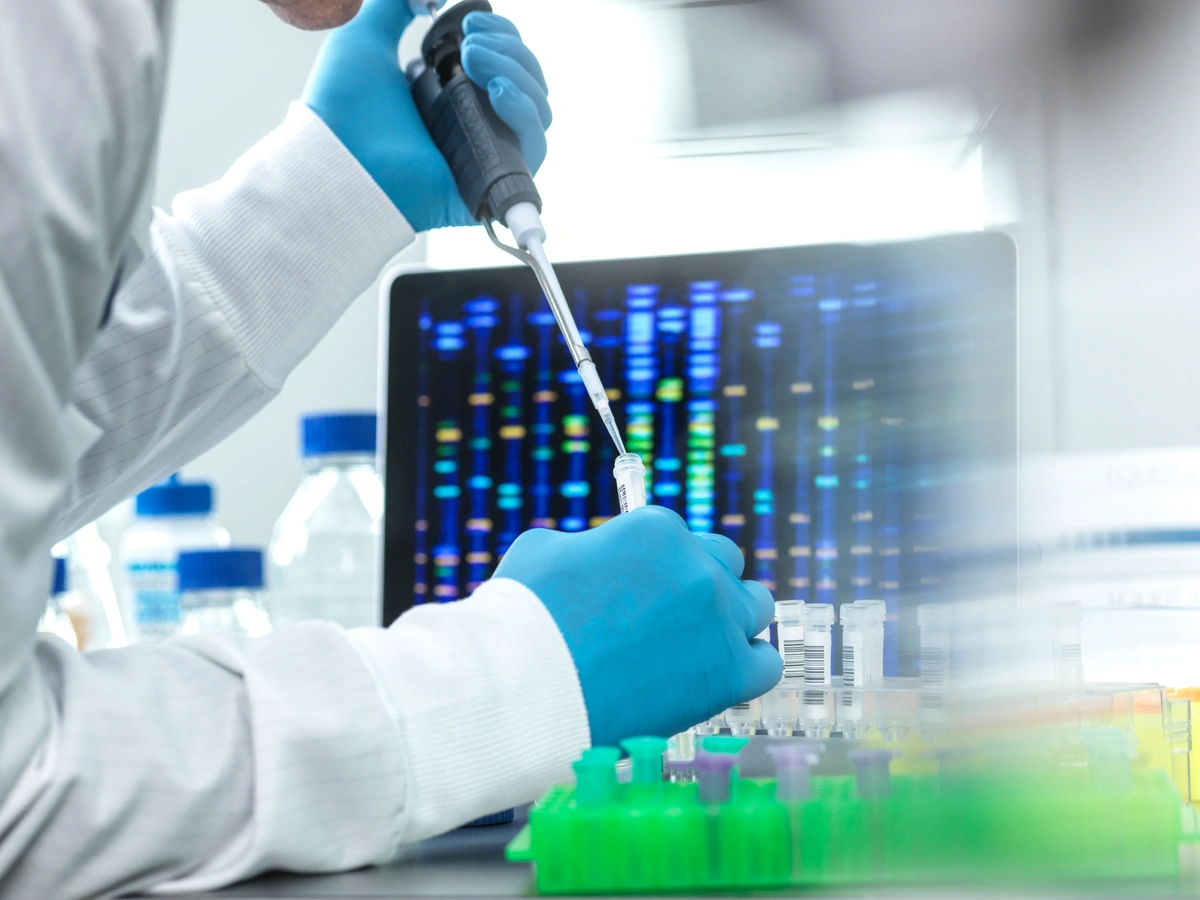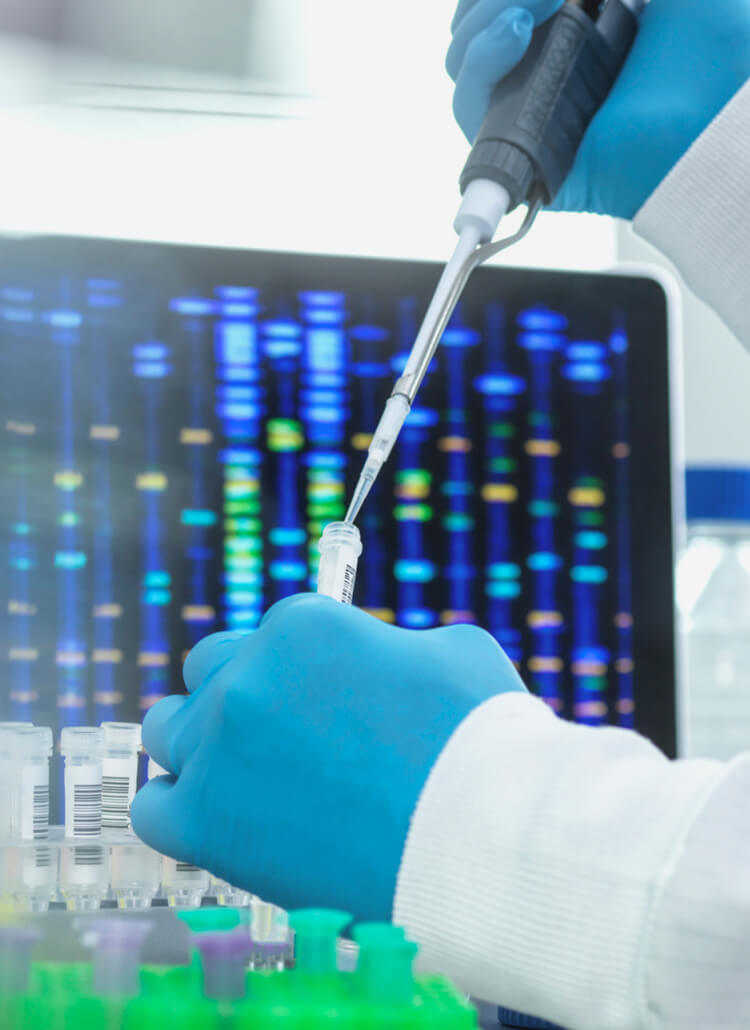Preimplantation Genetic Testing for Aneuploidy (PGT-A)
Preimplantation Genetic Testing for Aneuploidy (PGT-A) screens embryos for chromosomal abnormalities before embryo implantation in IVF. It helps identify embryos with the correct number of chromosomes, increasing the chances of a successful pregnancy.



